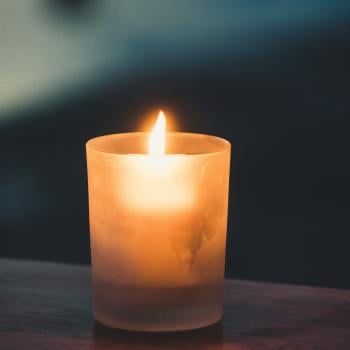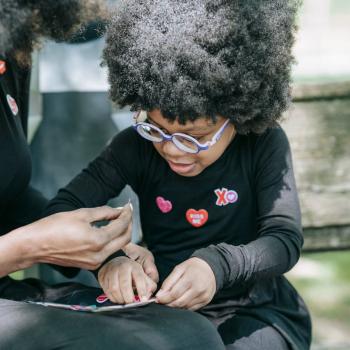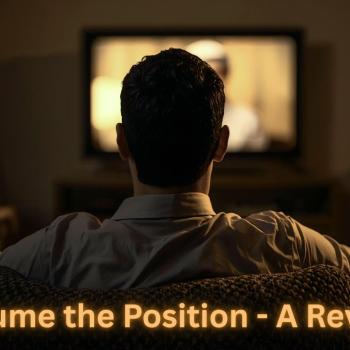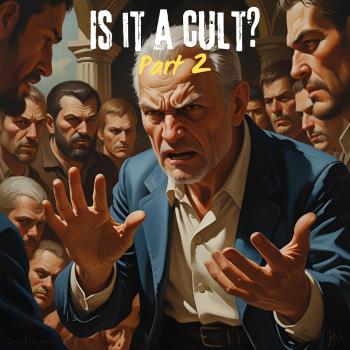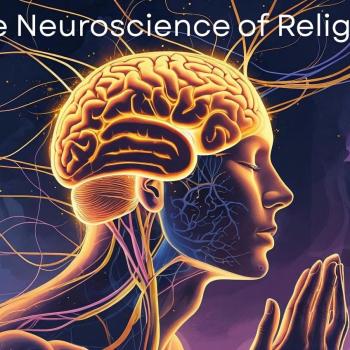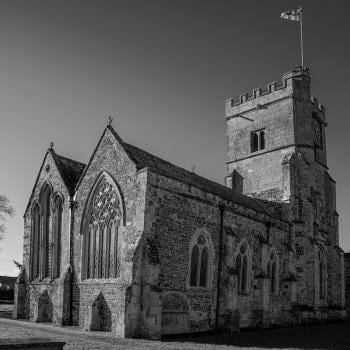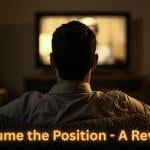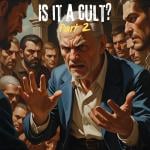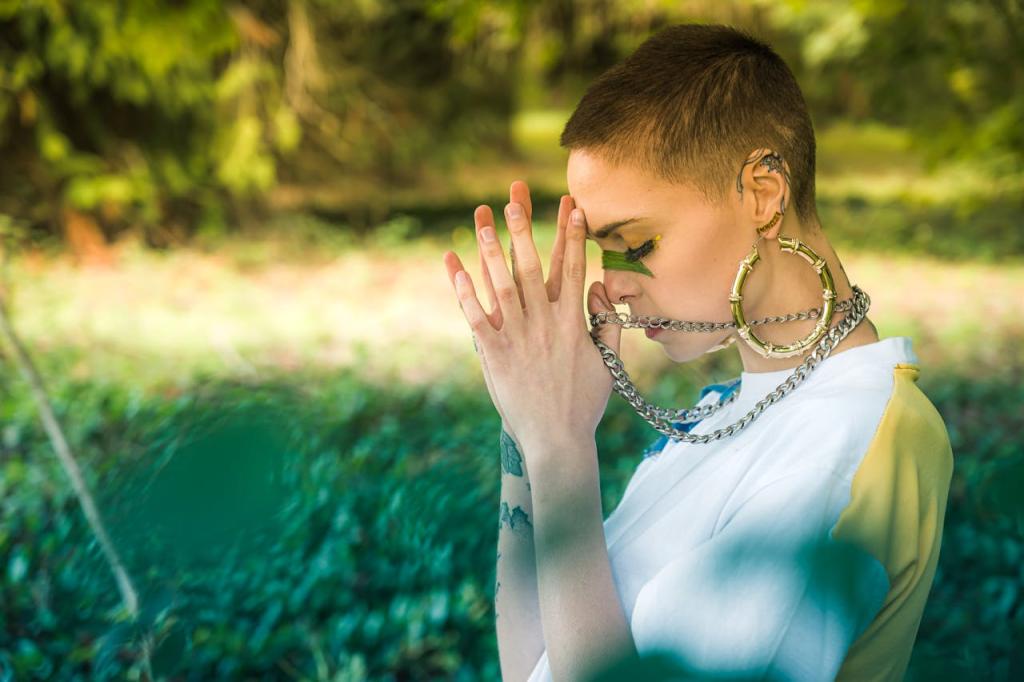
All Beliefs are Assumptions
Once you realize all beliefs are assumptions,
your life begins to change for the better.
~ Karl Forehand
I grew up hearing the phrase, “God said it, I believe it, that settles it!” Since I started deconstructing, these kinds of assumptions have raised many questions and few answers.
First, how do we know God said it without initially assuming that God exists, and how can we verify what He actually said? My friends, over the years, have credited all kinds of things to hearing God’s voice. Back then, I couldn’t trust myself to distinguish between good and evil (because I was taught to think that way), so I believed in an ancient manuscript and accepted the assumptions and guesses that my leaders took from their predecessors.
Second, I came to understand the Dunning-Kruger effect, which describes a disturbing cognitive bias that affects us all. People with limited knowledge in an area tend to overestimate how much they know, and we all have gaps in our expertise.[1]
Looking back over the years, I realize I drew most of my spiritual guidance from these types of men. They were good at recognizing their assumptions, but they rarely looked beyond the comfort of their own beliefs.
If there is a God, He/She/They should communicate more effectively.
When I realized that my beliefs were assumptions, I began to explore other belief systems and worldviews. I understood what I didn’t know for sure, and I looked for answers and understanding without feeling the need to agree entirely with anything or stop seeking what I didn’t know. It was tempting to say, “This is my new truth,” but I resisted, realizing that my desire for connection was guiding me.
From there, I explored what a genuine connection and community truly are and realized that most religious communities are heavily constructed and driven more by dopamine and other chemicals than by having the correct and perfect beliefs about God and the afterlife. I found real community today with my friend, Kyle Butler, when we shared about our relationships with family members. I know this happens at church, but in religion, it’s less about beliefs and more about our natural need for connection and our desire to connect with others.
If we could remove the indoctrination aspect of religion, I see the benefit of “assembling together.” Connection is essential, but when doctrine, assumptions, and influence dominate, the audience loses the plot of being kind and loving their neighbor. The storyline shifts to convincing the world that our assumptions are correct and demonizing anyone who disagrees. “Unbelievers” are persecuted, shamed, and shunned, and others go along with it for their survival. Indoctrinating (evangelizing) becomes the top priority, and empathy, compassion, and love fall behind.
What are your assumptions leading to in your life? For me, it was arrogance, fear/control, and separating myself from my neighbor. I lived in a dualistic, “us versus them” world where I always believed I was right and thought God was on my side. After letting go of this tight-fisted grip on my assumptions, my life shifted toward being a journey of exploration and discovery rather than a need for agreement and control.
Keep asking questions. You can learn a lot more when you realize how much you don’t know.
BE where you are, Be who you are, Be at peace!
Karl Forehand
[1] https://www.openmindmag.org/articles/david-dunning-on-expertise
Learn to be Where You Are (Presence)
Learn to be Who You Are (Authenticity)
Finding Regulating and Somatic Healing
Are you genuinely committed to deconstruction and seeking more profound answers?
If that’s the case, this book was created for you. As a former pastor, I made the mistake of deconstructing a bit and then trying to start something new, as I was trained to do. The problem with that approach is that I wasn’t ready to begin something new.

I hadn’t delved deeply enough or asked enough questions. The first stage of deconstruction typically includes assessing our beliefs regarding hell and the afterlife, supporting queer individuals and women in their fight for equality, and achieving a better understanding of racism and privilege.
Our tendency to punish our former organizations sometimes overlooks the challenging process of healing and growth. It is the same trap we fell into in our former associations.

Order Now – Study Questions in each chapter!
This book is named Campfires in the Desert as it stems from nearly 400 discussions we held with individuals on our podcast, The Desert Sanctuary, and our aspiration to improve.
Available now!
Thanks for considering us, autographed copies are $20
Karl Forehand Campfires in the Desert – A Soft Book Release. Karl Forehand is a former pastor, podcaster, and award-winning author. His books include Out into the Desert, Leaning Forward, Apparent Faith: What Fatherhood Taught Me About the Father’s Heart, The Tea Shop, and Being: A Journey Toward Presence and Authenticity. He is the creator of The Desert Sanctuary podcast and community. He has been married to his wife Laura for 35 years and has one dog named Winston. His three children are grown and are beginning to multiply! You can read more about the author here.





